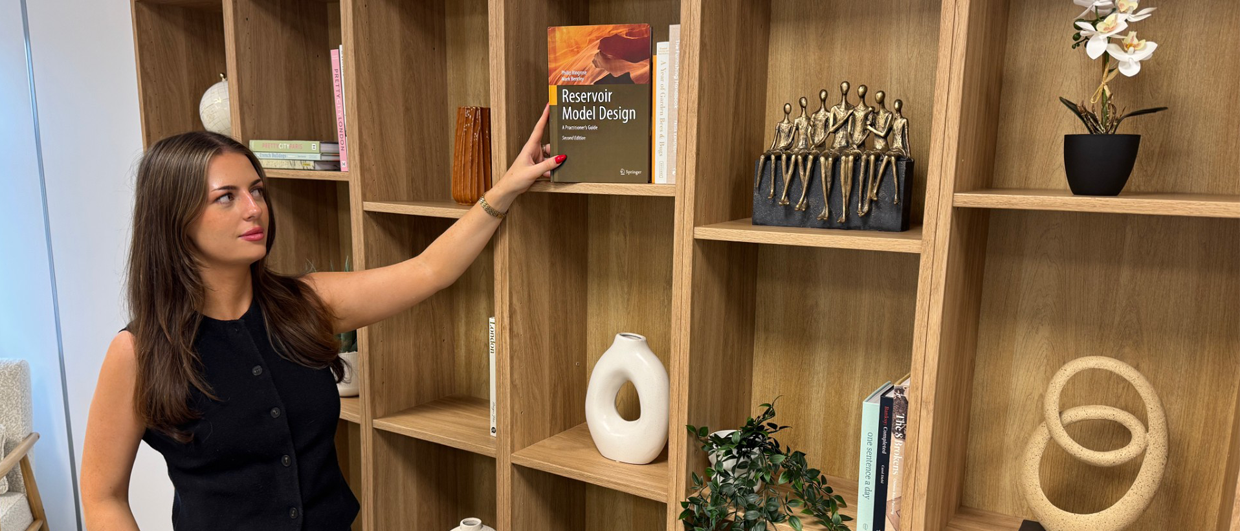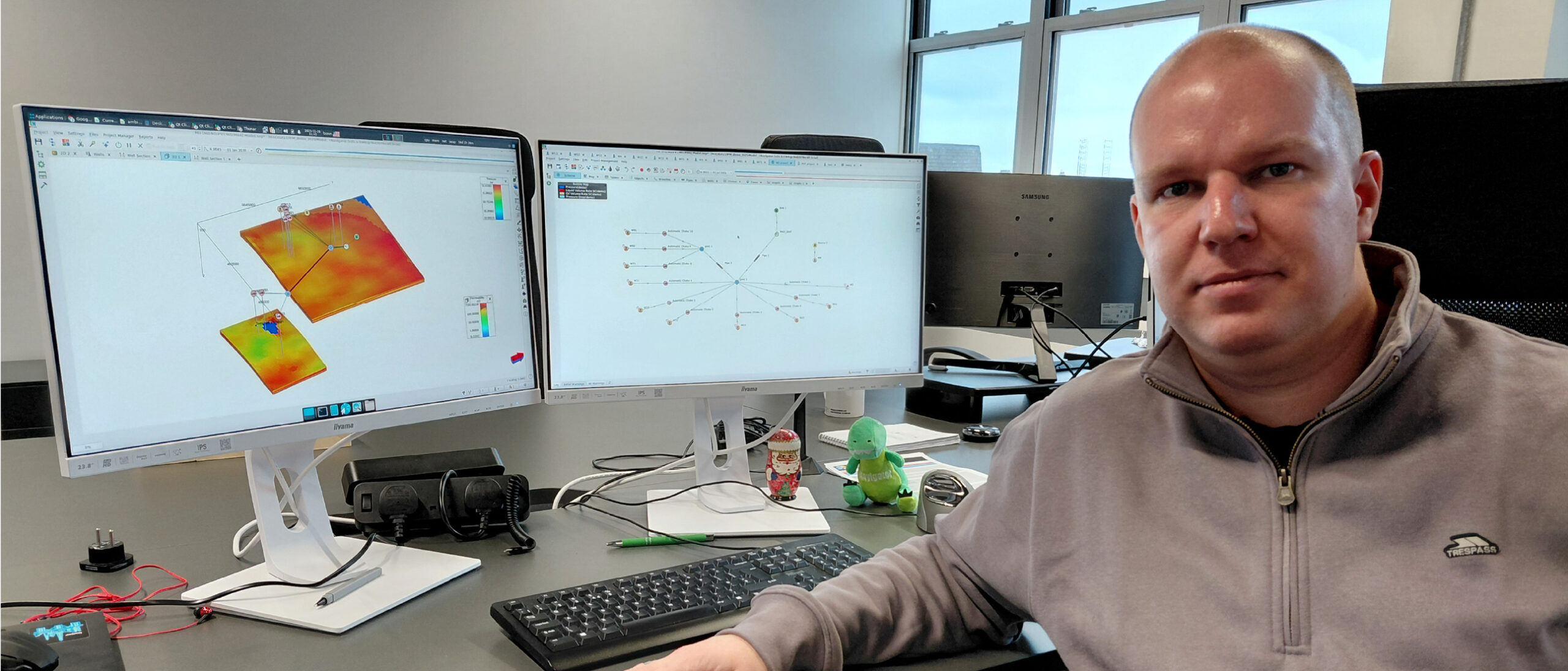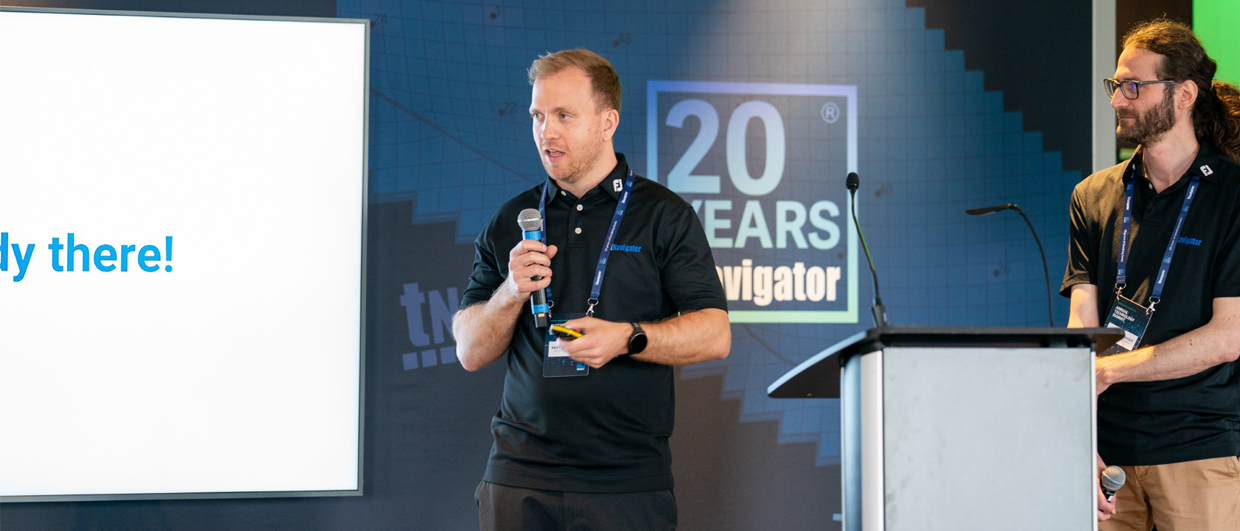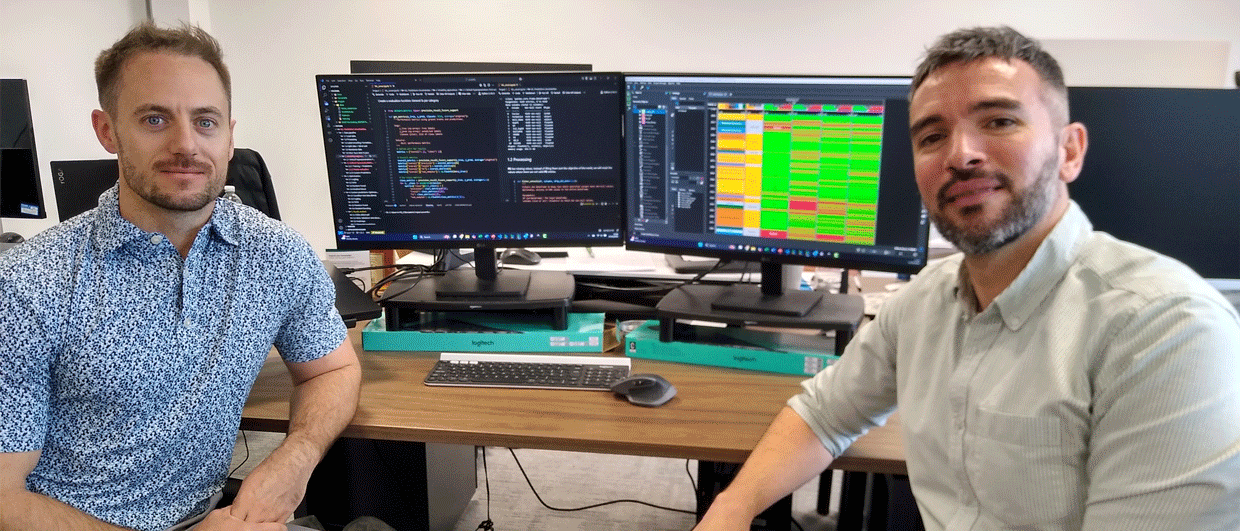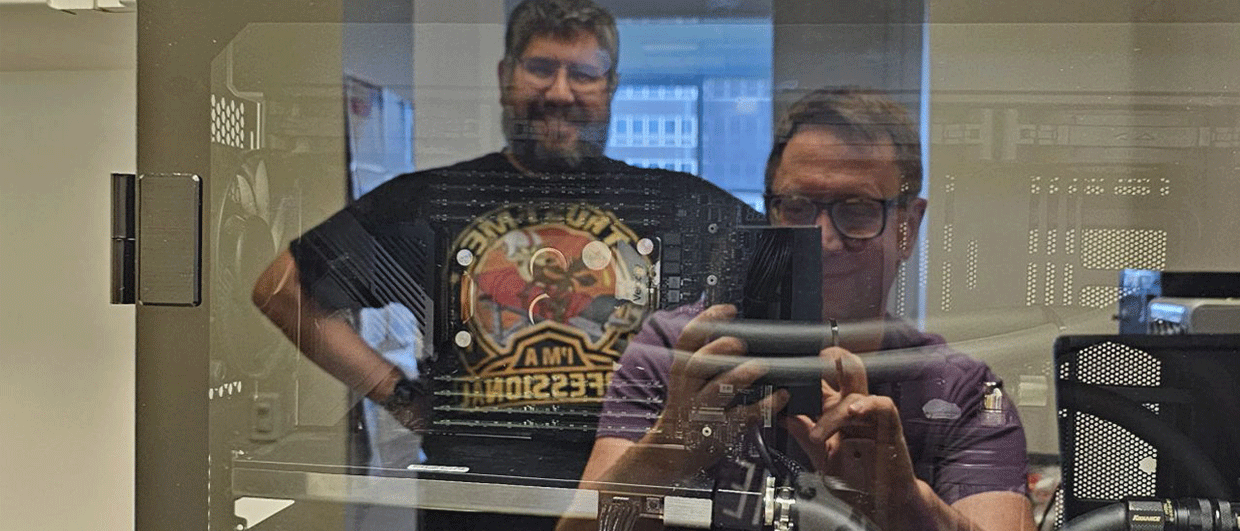How often has it happened that a dynamic simulation grid turns out to be not fit for purpose because something goes wrong – too fast a pressure build-up, too fast a water breakthrough, you name it.
“Often,” says Jordan Connolly from Rock Flow Dynamics (RFD).
Previously, it took a reservoir engineer to find out what was wrong with their dynamic model, before it had to be sent back to the geoscientist to re-create the grid with the necessary fixes. These steps easily added days to a process that was already quite long to start with.
Technology at the rescue
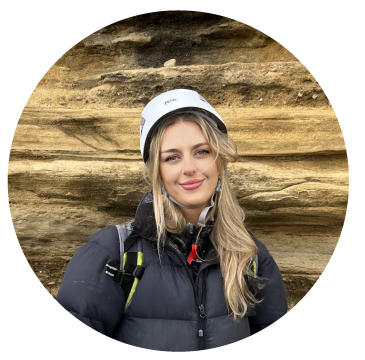 “With the progress that has been made in recent years when it comes to computing power, this can all be done more easily,” says Jordan. “First of all, I don’t need to upscale our reservoir grids anymore, which not only helps preserve the geological features in the model, it also allows me as a geologist to check the dynamic model myself.”
“With the progress that has been made in recent years when it comes to computing power, this can all be done more easily,” says Jordan. “First of all, I don’t need to upscale our reservoir grids anymore, which not only helps preserve the geological features in the model, it also allows me as a geologist to check the dynamic model myself.”
“And because of that, I see how the dynamic model looks before handing it over. That means I can do a quick screening to see if it behaves in the way our reservoir engineers will expect it to behave. It doesn’t make me a reservoir engineer, but I do appreciate more what it entails. You don’t need to be an expert to observe teething issues,” she says. “In addition, this workflow also suits increasingly fast-paced environments like the North Sea, where leaner teams are handling broader scopes under tighter deadlines.”
I don’t need to upscale our reservoir grids anymore, which not only helps preserve the geological features in the model, it also allows me as a geologist to check the dynamic model myself
The next generation
Jordan represents a new generation of subsurface experts who do not think along the rigid lines of the silos that represented the reservoir engineering and geomodelling communities. “Technology helps to break these barriers down,” she adds. “Of course, it is unlikely that the two disciplines will merge into one; geologists are probably too arm-wavy for that, and reservoir engineers too analytical on the other hand.” But at the same time, she sees that communication is more straightforward these days.
“YOU’D BETTER RE-TRAIN AS ACCOUNTANTS”
Jordan joined RFD in 2019, after working in an Aberdeen shop while searching for geoscience positions. “I started to have that feeling that the career advisors that came into my Geology course at Aberdeen University were right in saying that we should all get retrained as accountants instead of geologists,” she laughs. “But looking back now, I see that the far majority of my class has landed relevant jobs in geosciences, be it in oil and gas, renewables or in mining.”

